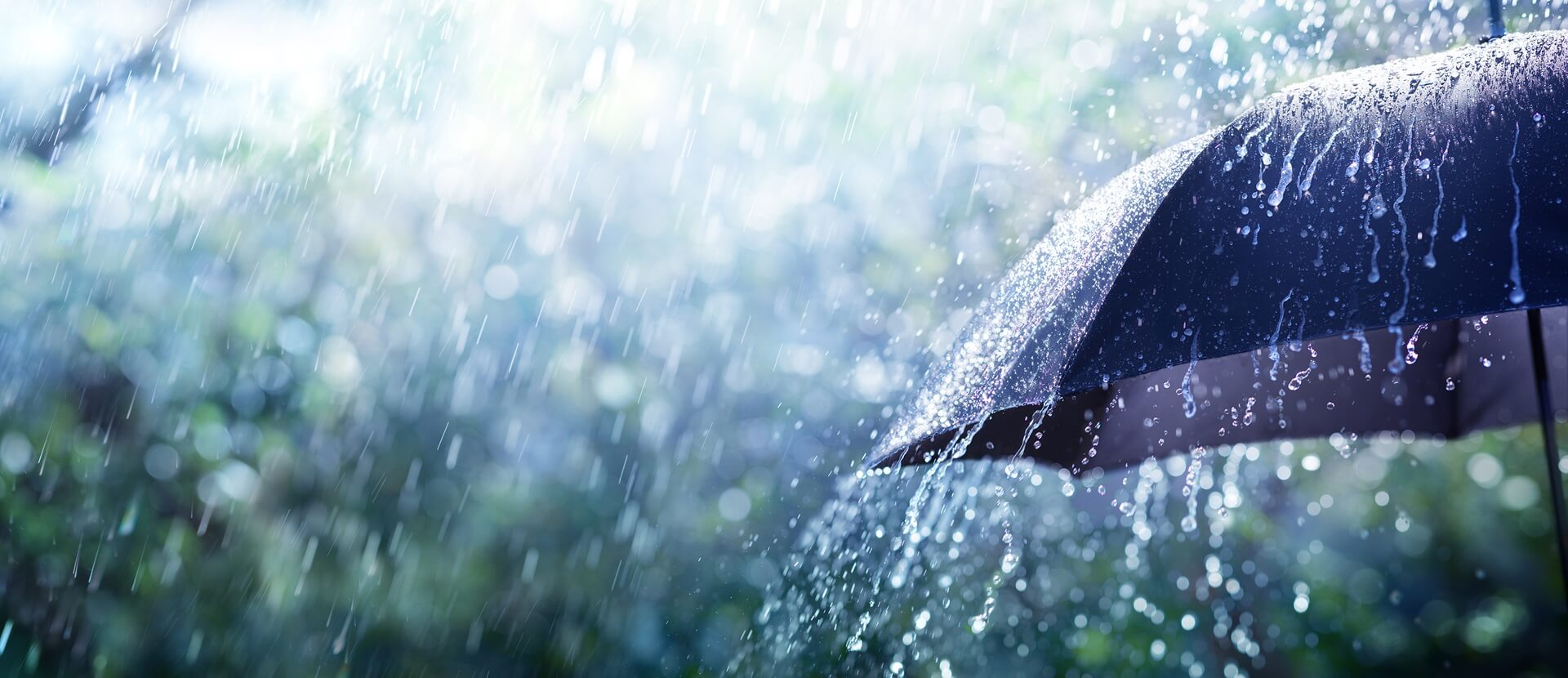Impact of weather conditions on tinnitus

Impact of weather conditions on tinnitus
4 minutes
Published 3 April 2024
Updated 3 April 2024
Tinnitus impacts the lives of around 13% of the UK population, which equates to around 7.6 million people. Familiar with its characteristic ringing or hissing, but did you know that the ebb and flow of weather conditions can also trigger tinnitus.
While commonly associated with hearing loss or ear injuries, tinnitus demonstrates a nuanced relationship with atmospheric pressure and weather dynamics. Sudden shifts in environmental pressure during rain or alterations in sea level pressure have been linked to observable variations in the intensity of tinnitus.
In this article, we'll delve into the intriguing relationship between weather and tinnitus, exploring how atmospheric changes can impact this auditory phenomenon.
Atmospheric pressure and tinnitus
One of the most significant weather-related factors affecting tinnitus is atmospheric pressure. Atmospheric pressure refers to the force applied by the weight of the air above us and fluctuates with changes in weather patterns. Individuals with tinnitus often report heightened symptoms during periods of low pressure, like before a storm for example.
When the pressure drops, the air becomes less dense, which can affect the fluid levels in the inner ear. This may lead to increased pressure on the eardrum and changes in blood flow to the auditory system, potentially intensifying tinnitus symptoms. On the other hand, some people may experience relief from tinnitus, when the pressure increases.
Cold weather and tinnitus
Cold weather can also exacerbate tinnitus. Exostosis, or the formation of bone spurs, often termed "surfer's ear" due to its prevalence among those in cold-weather environments, can contribute to tinnitus. This is because it restricts the transmission of sound through the ear.
Wind and tinnitus
Strong winds can cause pressure changes in our ears, making tinnitus more bothersome. Plus, things like pollen or pollution in the air can trigger allergic reactions that might make tinnitus worse, especially if it's linked to sinus issues.
Ménière's disease and tinnitus
Ménière's disease, a disorder affecting the inner ear, introduces another layer to this symphony. Changes in atmospheric pressure, particularly those below 1013.25 millibars, increase the risk of tinnitus by 23% in Ménière's patients. The inner ear's vestibular system, crucial for maintaining balance, becomes sensitised to changes in air pressure, potentially serving as a trigger for tinnitus.
An insightful study conducted by the National Institutes of Health reveals a correlation between warmer temperatures and reduced levels of tinnitus, coupled with an improvement in overall hearing. On the other hand, increased wind speeds are associated with more severe manifestations of tinnitus.
Managing tinnitus during weather changes
Even though we can't control the weather, there are ways to handle tinnitus when weather conditions are unfavourable:
• Stick to a routine: try to keep a regular sleep schedule and manage stress with things like deep breathing or relaxing activities. A healthy lifestyle can also help.
• Use background noise: mask the ringing or buzzing with soft sounds like white noise or gentle music. It can help distract you from tinnitus, especially when it's bothering you more than usual.
• Protect your ears: loud noises can make tinnitus worse, so use earplugs in noisy places. Also, watch out for extreme temperatures and protect your ears from getting too cold or too hot.
• Stay informed: keep an eye on the weather forecast. If you know certain weather changes make your tinnitus worse, you can plan ahead to manage it better.
For individuals grappling with tinnitus, a consultation with a medical professional is recommended for an accurate diagnosis and appropriate treatment. Whether the recommended approach involves hearing aids or surgical interventions, understanding the relationship between weather conditions and tinnitus is important in managing and addressing this condition effectively. Weather can mess with tinnitus in different ways, like changes in pressure, temperature, humidity, wind, and environmental factors. But by understanding how weather affects tinnitus and taking steps to cope with it, you can feel better and enjoy life more, even when the weather's not on your side.
Author
Emma JarvisReviewed by:
Content writer, Boots Hearingcare



